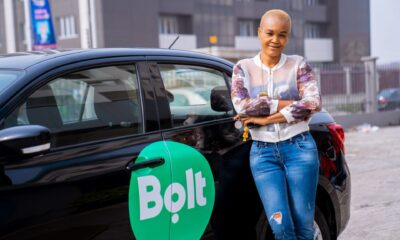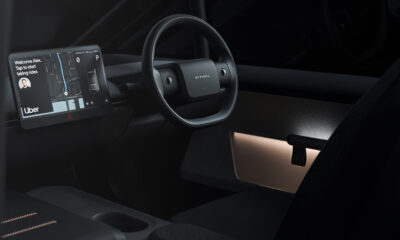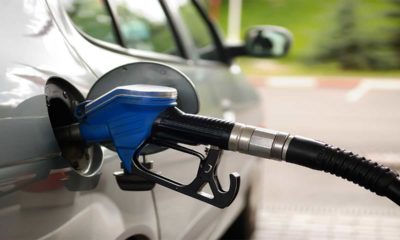Industry titans Microsoft Corp. and Google parent company Alphabet Inc. have surpassed Wall Street’s expectations, buoyed by robust growth in artificial intelligence (AI) and cloud computing revenue streams.
The stellar quarterly results underscore the pivotal role of advanced technologies in shaping the future of these tech behemoths.
Both Microsoft and Alphabet showcased impressive performances in their latest earnings reports, sending their shares soaring in after-hours trading.
Microsoft’s stock surged by 6.3%, while Alphabet witnessed an astonishing 17% increase, reflecting investor confidence in the companies’ strategic investments and innovative initiatives.
The driving force behind this remarkable success story is the accelerating demand for AI-powered solutions and cloud services. As businesses increasingly embrace digital transformation, the adoption of AI technologies and cloud infrastructure has become paramount, fueling substantial revenue growth for both Microsoft and Alphabet.
At the forefront of this AI revolution, Microsoft and Alphabet have been fervently expanding their AI capabilities and integrating them into a wide array of products and services.
From advanced AI models to cloud-based AI solutions, both companies have been relentless in their pursuit of technological innovation, positioning themselves as leaders in the rapidly evolving AI landscape.
Silicon Valley has heralded 2024 as the year of generative AI, a groundbreaking technology capable of creating text, images, and videos from simple prompts.
Microsoft and Alphabet have capitalized on this trend, leveraging generative AI to drive business growth and enhance their cloud computing offerings.
The surge in cloud computing demand has been a particularly welcome development for Google, which has long trailed behind rivals such as Amazon and Microsoft in this competitive market.
After achieving profitability in its cloud operation last year, Google’s first-quarter profit of $900 million far exceeded analysts’ projections, signaling a significant turnaround for the tech giant.
Microsoft’s Azure cloud computing platform also experienced robust growth, with sales climbing by 31% in the quarter, surpassing analysts’ expectations.
The integration of AI technology into Azure subscriptions has proven to be a key driver of growth, as businesses increasingly recognize the value of AI-driven insights and automation.
Furthermore, both Microsoft and Alphabet have seen promising uptake of AI-powered tools across various industries. From AI assistants for office productivity to AI-driven coding platforms, these companies are empowering businesses with cutting-edge AI solutions that enhance productivity, efficiency, and innovation.
Despite the stellar performance of Microsoft and Alphabet, the broader tech landscape remains dynamic and competitive.
While both companies have demonstrated resilience and adaptability in navigating market challenges, they must continue to innovate and evolve to maintain their competitive edge in an increasingly digital world.
As the AI and cloud computing revolution continues to unfold, Microsoft and Alphabet are well-positioned to lead the charge, driving innovation, shaping industries, and delivering value to customers around the globe. With their unwavering commitment to technological excellence, these tech giants are poised for continued success in the dynamic landscape of the digital age.


 Forex3 weeks ago
Forex3 weeks ago
 Naira2 weeks ago
Naira2 weeks ago
 Billionaire Watch2 weeks ago
Billionaire Watch2 weeks ago



 Naira3 weeks ago
Naira3 weeks ago






 Naira2 weeks ago
Naira2 weeks ago




 Naira1 week ago
Naira1 week ago




 Naira4 weeks ago
Naira4 weeks ago






 Naira1 week ago
Naira1 week ago





















